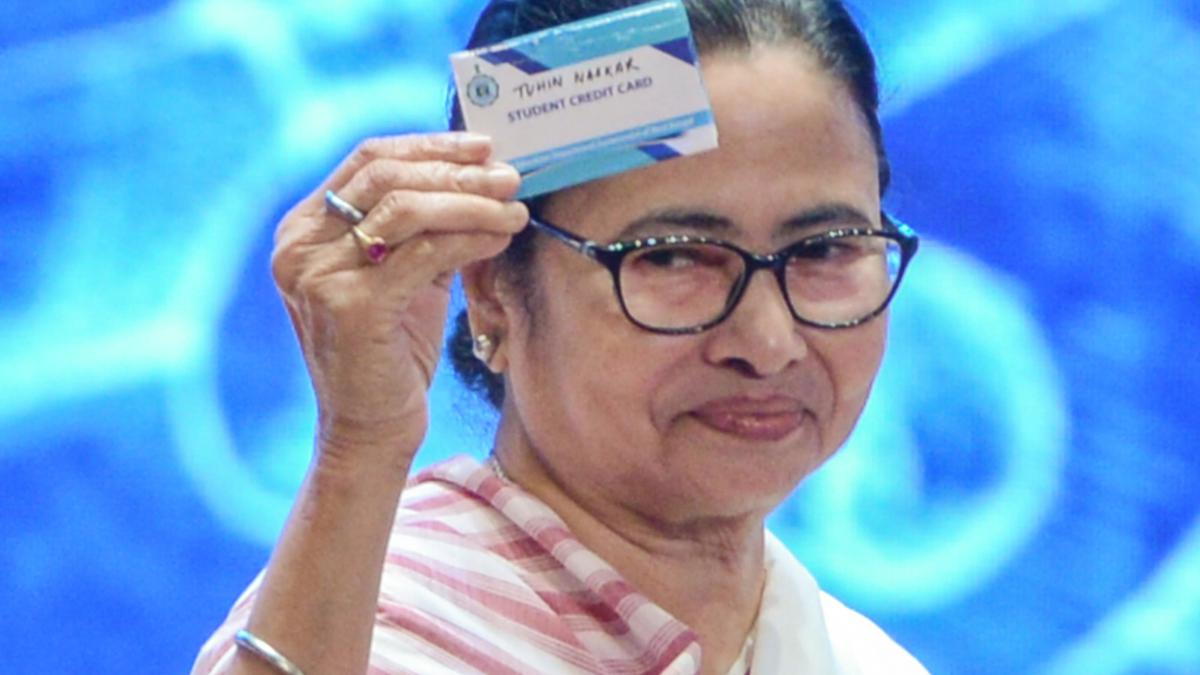
In West Bengal, teachers largely welcome State’s new education policy
The Hindu
West Bengal teachers welcome new education policy, calling it more scientific and far-sighted than Centre's proposals. Headmistress Ray supports 5+4+2+2 structure, three-language formula, and State language in all schools. Sulagna Mukhopadhyay suggests possibilities in rural/urban schools, English language/reading habits in govt. schools. Rural teacher praises accreditation/ranking, compulsory posting in rural areas, and teacher-pupil ratio.
Teachers in West Bengal have largely welcomed the State’s new education policy announced last week, calling it more scientific — than the Centre’s proposals — and far-sighted.
“West Bengal has deviated from the NEP (National Education Policy) in terms of structure of the curriculum at the school level and also in the mode of delivery of the same, as in the language to be used while teaching. While NEP suggests a 5+3+3+4 structure from pre-primary to Class 12, the State Government has decided to stick to the current 5+4+2+2 structure. I feel it is a more scientific model, based on children’s learning abilities as documented by learning theorists like Piaget, and a time-tested one as compared to the one proposed by the Centre,” Krishnakoli Ray, headmistress of the Dhakuria Sree Ramakrishna Vidyapith for Girls in Kolkata, said.
“Coming to the medium of instruction, though children supposedly learn better if they are taught in their mother tongue, we should not underestimate the need to learn other languages, especially English, if we are to keep pace with the world. From my experience of working with children for the last 20 years, I can vouch for the fact that children have an uncanny ability to pick up languages, and it would be a shame to restrict them with their mother tongue till a certain age. A three-language formula works better in my opinion, but the State language should be compulsorily taught in all schools,” Ms. Ray said.
“Education policies are always evolving and one cannot be sure which one will work better unless it is put to use and tested over time, but as for now, I will go with the State’s decision, though I also support the other policy decisions included in the NEP 2023,” she said.
Welcoming the new education policy, Sulagna Mukhopadhyay, a teacher in a prominent Kolkata school, said that the State government would do well to keep possibilities in mind — what’s possible in a rural school may not be possible in an urban school. “Also, there should be emphasis on the English language and reading habits in government schools, which usually lag behind in these two areas,” Ms. Mukhopadhyay said.
Another teacher, related to a rural institution, said that among the many features of the new State policy, some were indeed far-sighted. “The system of accreditation and ranking of schools will definitely shake up the system and make individual teachers as well as schools goal-oriented. Also, the compulsory posting of teachers in rural areas will promote equitable learning across the State, including the fringes. The importance of maintaining teacher-pupil ratio is also important, particularly in primary schools where individual attention is necessary for the young minds,” the teacher said.











